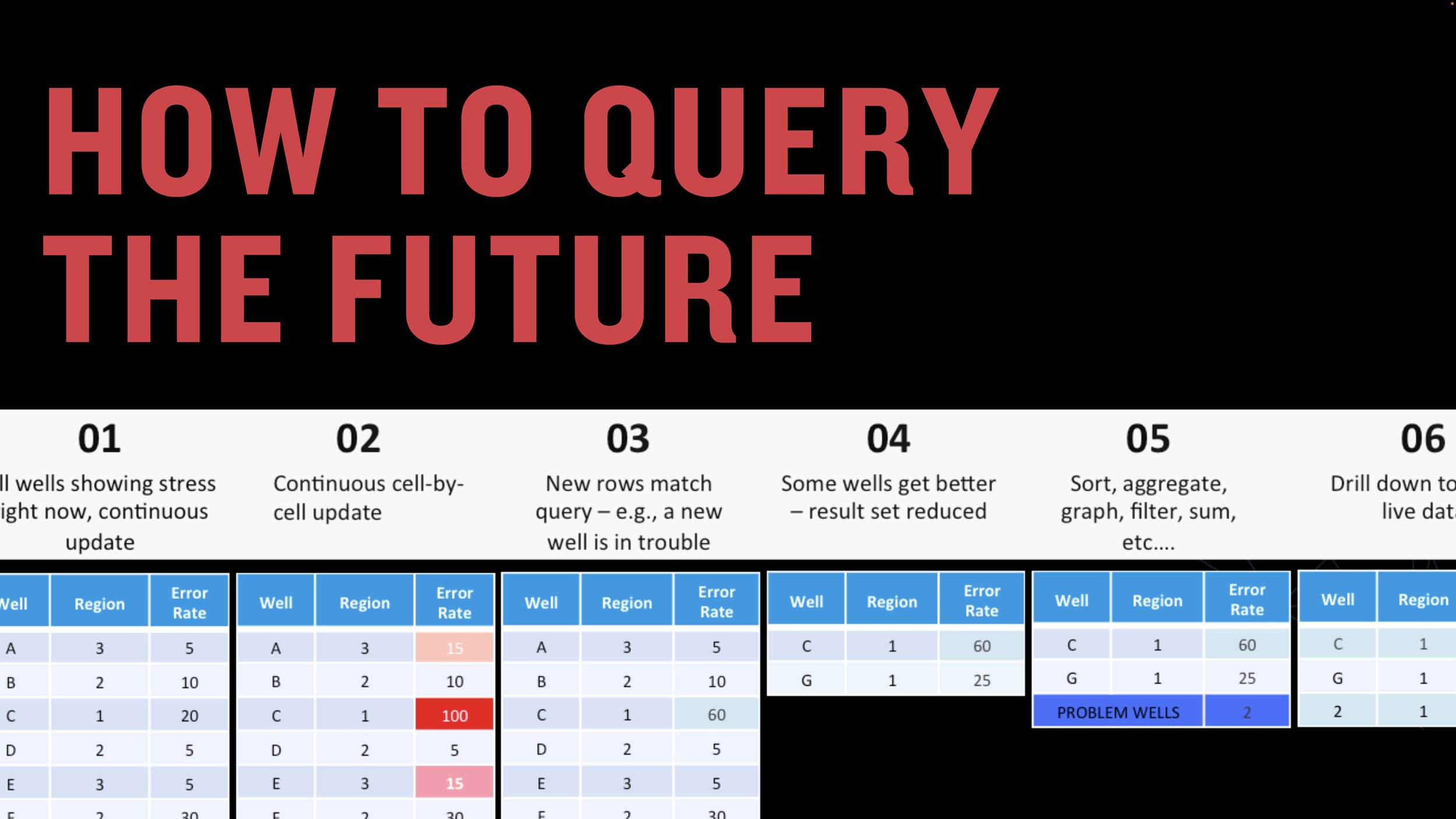Twelve Things to Know About Finding a Mentor
Great mentors are formed, not found. Here are 12 things to bear in mind as you form mentor/mentee relationships.
Techno-Sapien.com
Finding the right mentor is like finding the right partner or spouse—it takes vision and reflection, pep and persistence, humility and hope. But unlike spouses, a mentor is on-your-side and detached, an inspiration and an agitator. A good mentor can alter your career and life. But finding the right fit is an art.
Before we discuss how to find a mentor, let's define what a mentor is not. First, managers are not mentors. Most managers care about the company first, not you; a mentor should have no allegiance to your current role and company. Second, a peer is not a mentor. While peers often give advice, insight, and perspective, a mentor has traveled the path you're about to take, not the one you're on.
Ok, if managers and peers aren't mentors, how do you find one?
Here are twelve tips to help find, approach, nurture, and maximize the impact of a mentor.
Mentors are formed, not found. A mentor/mentee relationship is a two-way street based on trust and mutual respect. It takes time to build trust—start with that long view.
Mentors have your back. Like a close sibling, mentors are there for you through thick and thin. They know your talents, weaknesses, and dreams.
Aim to develop 3-5 true mentors (not 20). A young salesperson told me she had 20 mentors; I don't think that's possible or desirable. Shoot for 3-5 quality mentors instead of 20 casual ones.
The best mentees ask the best questions. The more thoughtful, self-aware, and humble your questions are, the more you'll get from a mentor. Pose "big picture" questions: how trends and technology affect your business landscape, what education you need, the art of leadership, and more.
The mentee leads the relationship. As a mentee, you set the tone, tenor, and cadence of the mentor/mentee relationship, not the other way around.
Be considerate with your mentor's time. One of my mentors is one of the top investors in the world. I ask him for help once every 2-3 years. That's an extreme example, but it illustrates the point: craft questions in the context of the long arc of time.
Seek out mentorship programs. Not every successful person can be a good mentor--it takes energy, effort, and a desire to give back. Look for people who actively participate in an actual mentoring program. For example, Correlation One's Data Science For All (DS4A) program has over 200 volunteer mentors across all industries. Training programs like this are a great place to start, as are professional organizations that include a mentoring component.
Kiss a lot of frogs. Don't settle. Finding the right mentor is like finding the right spouse or partner. Search for someone you genuinely admire, who embodies who you'd like to be. If you don't feel that connection deep down, move on.
Think reverse mentoring. Former General Electric CEO Jack Welch popularized the idea of "reverse mentoring." In 1999, he paired 500 senior and junior employees to teach new technologies to more senior partners. Welch designed the program to dissolve the power dynamic of traditional mentoring. Good mentor/mentee relationships work like this—a mutual exchange.
Evolve your mentor quiver. Careers meander, twist, and turn; you'll need different mentors at each stage of growth. Continuously evaluate your mentors as you grow, and keep evolving your choices.
Surf career waves with your mentor. Mentor/mentee relationships should last "forever" as you change and grow through ups and downs. Choose mentors who have a broader view of the industry and can you surf its many waves.
"Mentee" should be a verb. Being a good mentee takes persistence, humility, and reflection. It's a state of mind, not a label. Keep a journal as you evolve and forge questions as they arise for your mentor. Form questions, keep searching, keep asking.
A mentor can change your perspective, career path, and maybe even your life. But, as the saying goes, the teacher appears when the student is ready. So learn to be a great mentee, and you may discover that great mentors appear.
Resources
Yes, you can find a mentor remotely (Wall Street Journal)
Switching careers? Here are 4 ways to find a knowledgeable mentor (Fast Company)
Correlation One’s Data Science for All (the mentor program I participate in)
How to find a mentor in remote work times (LinkedIn)











